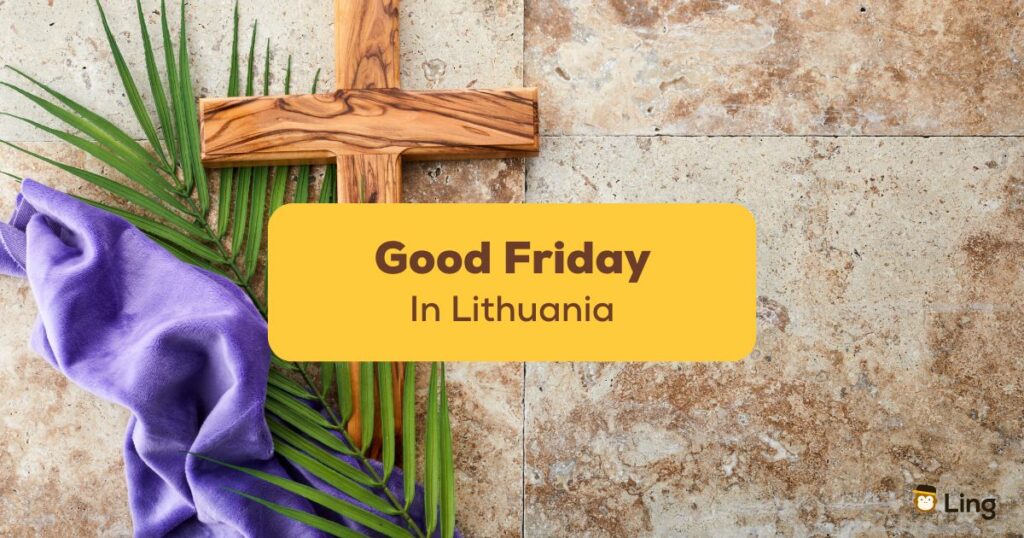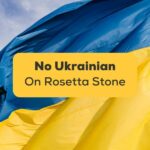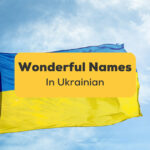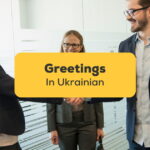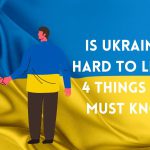From decorating Easter eggs and participating in fun egg-rolling games to attending church services, Easter in Lithuania is jam-packed with plenty to do. If you’re curious about how Lithuanians celebrate it, and how it may compare to what you’re familiar with it, read on below!
Since Catholicism is the country’s most popular religion, it’s no surprise that Lithuania has so many traditions associated with Easter. In this blog post, we’ll learn about some of them and pay special attention to Good Friday in Lithuania. We’ll also learn some Lithuanian vocabulary along the way, so let’s go!
Easter Traditions In Lithuania
In Christianity, Easter is the time that commemorates the passion and resurrection of Jesus Christ. It runs from Palm Sunday to Holy Week. Since the majority of people in Lithuania are Catholics, this time is considered a sacred celebration and has many associated traditions that are unique within Lithuanian cultural history.
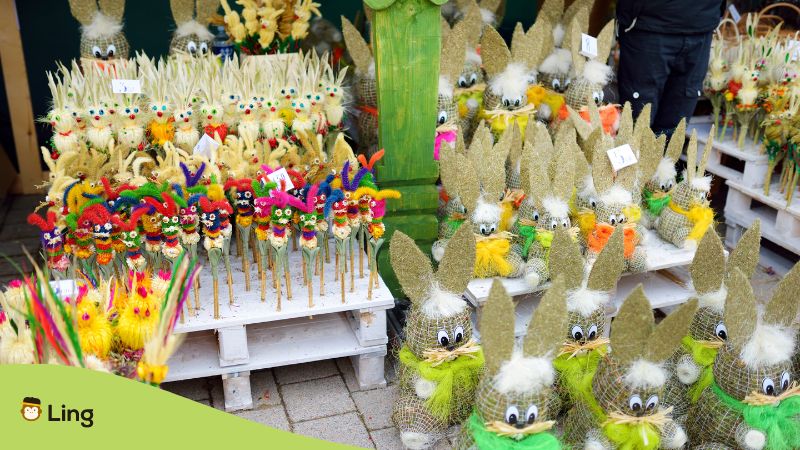
Good Friday In Lithuania
Didysis Penktadienis, which is how Lithuanians say Good Friday, is a sacred day on which it’s crucial to show respect for the crucifixion of Jesus Christ. The holiday is cloaked in a somber tone as observers are aware of the violence that Jesus endured before he died.
In Lithuanian homes, parents tell their children to keep from making noise, and they make sure not to disturb the peace. Lithuanians also believe in staying away from eating meat on this day, or fasting altogether, to commemorate the crucified Christ.
In addition to being quiet and not eating meat, Lithuanians put emphasis on cleanliness. On Didysis Ketvirtadienis, or Holy Thursday, Lithuanians begin intense cleaning inside their homes. This is done to rid the area of evil spirits, as they believe Easter morning must be received with a clean slate.
On Good Friday, cleaning comes to an end because of a famous Lithuanian superstition that says if it were to continue, dirt and dust would get into Christ’s eyes!
Additionally, some say that laundry shouldn’t be done on Good Friday, or else a downpour of ice might rain down and destroy the grain fields. So, there’s another excuse to leave that pile of dirty clothes sitting in the hamper for just one more day!
Other Traditions And Superstitions During The Holy Week
There are plenty more traditions and superstitions Lithuanians entertain on Good Friday and throughout the Holy Week.
One of these traditions involves women baking loaves of bread and burying them in the fields to summon a good harvest of grain in the future. And weather seems to be a common thread in these superstitions, since another says not to grind food using millstones during this time, or else thunder and rain may come and ruin the Easter holiday!
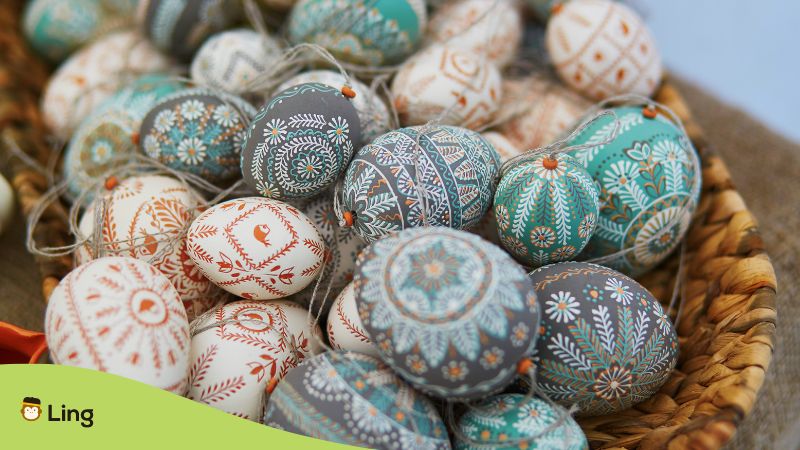
Easter Eggs Celebrations
Easter morning is particularly exciting in Lithuania, as it is in many Catholic countries, because decorating Easter eggs or margučiai is a big part of the celebrations.
To decorate the eggs, people start by carefully drawing precise patterns and decorations on the eggshells. Wax is then applied to the areas designated to be uncolored. Afterward, the egg is dipped in colored dye, and the wax is melted to reveal the color underneath. The process can then be repeated with another dye. Some common patterns for decorating are stars, moons, the sun, plants, and snakes.
To color the eggs, natural dyes are created from things like grass, plants, flowers, and even vegetables. These are used to create beautiful shades, like deep brown or light yellow from onion skins, inky black from alder bark, or vibrant red from beets.
A particularly delightful activity that takes place in Lithuania during Holy Week is egg rolling. This popular game is fun for the whole family, and everyone is welcome to participate! All you need are eggs and a thick tree bark. People roll the eggs down the smooth side of the tree bark, and if the egg hits another egg, the owner takes the egg that was just hit and adds it to their collection. Really fun, right?
Lithuanian Vocabulary For Easter And Good Friday
Now that you know a good deal about the Easter holiday and Good Friday in Lithuania, are you ready to learn a few words and phrases that will help you celebrate it like a local? Below is some useful vocabulary you might hear native Lithuanians use during this time.
| English | Lithuanian | Pronunciation |
|---|---|---|
| Easter | Velykos | Vell-ee-kohs |
| Happy Easter | Linksmų Velykų | Leenks-moo vell-ee-koo |
| Easter eggs | Margučiai | Mahr-goo-chay |
| Palm Sunday | Verbų sekmadienis | Ver-bu sehk-mah-dyeh-nis |
| Holy Thursday | Didysis Ketvirtadienis | Dee-dy-sis Ket-vir-tah-dye-nis |
| Good Friday | Didysis Penktadienis | Dee-dy-sis Penk-tah-dye-nis |
| Holy Saturday | Švęsta Šeštadienis | Shven-sta Shes-tah-dye-nis |
| Easter Sunday | Velykų Sekmadienis | Vell-ee-koo Sek-mah-dyeh-nis |
| Love | Meilė | May-lay |
| Peace | Taika | Tay-ka |
| Joy | Džiaugsmas | Dzowg-smas |
| Spring | Pavasaris | Pah-vah-sah-ris |
| Resurrection | Prisikėlimas | Pris-ee-keh-lee-mas |
Learn Lithuanian With Ling!
Want to learn words in Lithuanian that go beyond just the Easter holiday? You should check out Ling!
The Ling app is designed to make learning Lithuanian and 60+ other languages a fun and engaging experience. It has lessons with gamified exercises that teach vocabulary and pronunciation, an AI chatbot to practice conversations with, and even a leaderboard for you to rank higher than your friends.
Many more features, such as writing practice for languages with a non-roman script, or a review feature for each lesson’s content, help make Ling an excellent choice for language learning. So, say “labas” (hello) to Ling and check it out on the Play Store or App Store today!
